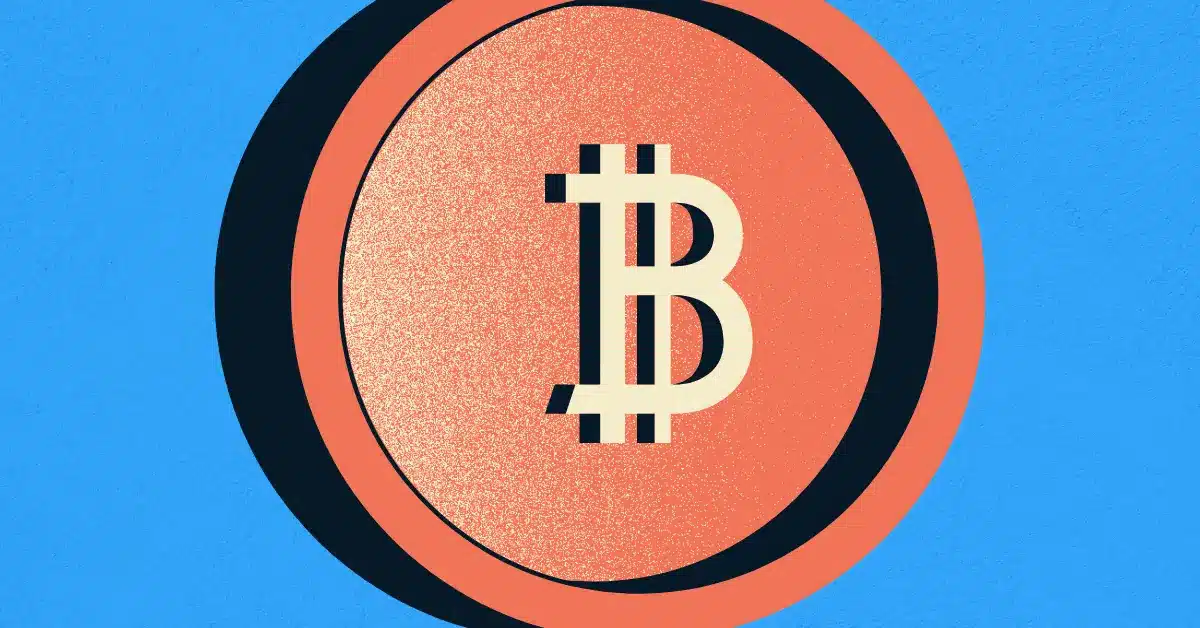A new Bitcoin Reserve bill has been introduced in the Georgia Senate, marking the second legislative effort in the state to establish a strategic Bitcoin reserve. According to Julian Fahrer, SB 228 was introduced by Democratic lawmakers just ten days after SB 178, which was proposed by Republicans.
This development signals a growing partisan divide over Bitcoin-related legislation in Georgia. The key distinction between the two bills lies in their investment limitations. While SB 178 imposes a 5% cap on Bitcoin investments, SB 228 has no such restriction, making it a more aggressive approach toward state-level Bitcoin adoption.
The introduction of competing bills underscores the increasing political interest in Bitcoin reserves, which have gained traction across various U.S. states.
Also Read: Texas Advances SB 21, Paving the Way for a Strategic Bitcoin Reserve
Georgia Joins a Nationwide Trend in Bitcoin Reserve Legislation
More than 20 states have now introduced bills aimed at establishing Bitcoin reserves, reflecting a broader push for integrating digital assets into government financial strategies. The race to pass Bitcoin reserve legislation has intensified, with Utah currently leading the charge.
Last week, Utah’s HB 230 successfully passed the Senate Revenue and Taxation Committee and is now set for further readings in the Senate before reaching the governor’s desk.
Meanwhile, not all Bitcoin reserve bills are progressing smoothly. In Montana, HB 429 recently failed to pass its second reading in the House, effectively halting its legislative journey. The bill faced opposition from a significant number of Republican lawmakers, leading to its rejection.
The developments in Georgia highlight a shift toward bipartisan engagement with Bitcoin legislation. However, the introduction of competing bills suggests differing approaches to investment risk and financial management.
As both SB 228 and SB 178 move through the legislative process, the outcome could set a precedent for how states handle Bitcoin reserves in the future. The next steps for Georgia’s Bitcoin reserve bills will depend on legislative support and potential amendments.
With growing national interest in state-level Bitcoin adoption, Georgia’s approach could influence similar efforts in other states. The progression of these bills will be closely watched by policymakers and industry stakeholders alike.
Also Read: XRP Price Prediction For March 1: How High Can XRP Climb?
